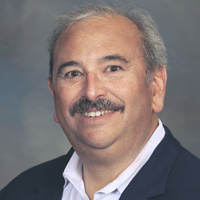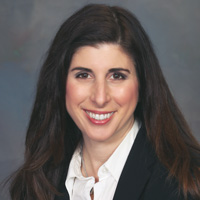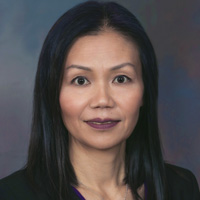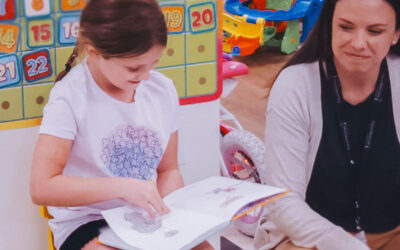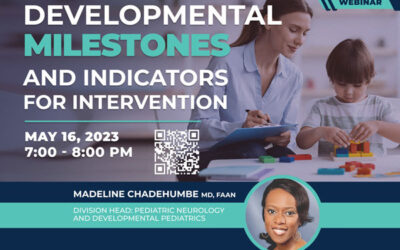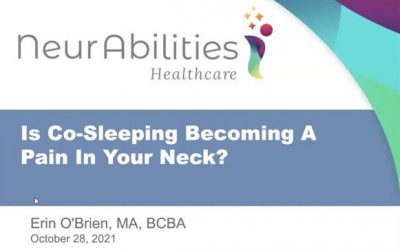KEEPING CHILD DEVELOPMENT ON TRACK
Information and Resources
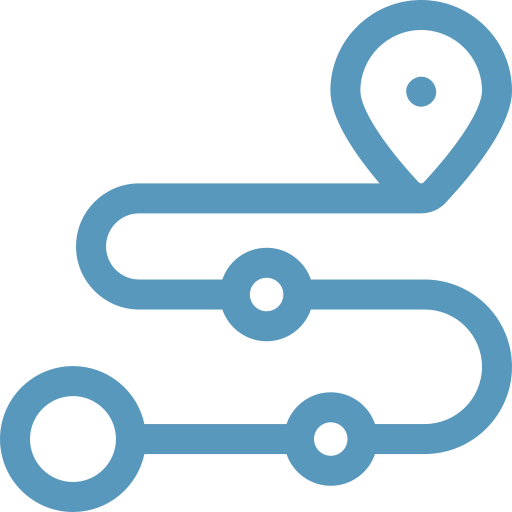
Milestones Tracker

Ask The Experts
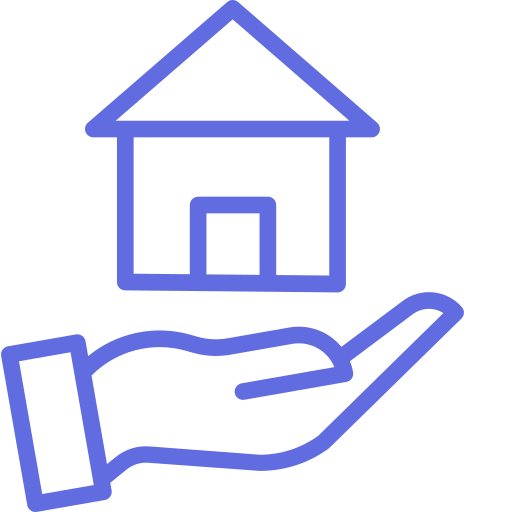
Home Guide

Community Resources
Milestones Tracker
Use this guide to track the developmental progress of your child
Additional free tools and materials for tracking milestones, including a phone app, brochures, and books, can be found at the CDC via this link: https://www.cdc.gov/ncbddd/actearly/freematerials.html
Ask The Experts
HIDDEN
How do I know if my child has developmental delays?
Parents know their child better than anyone. If you have concerns about your child’s development, or if you feel like something just isn’t quite right, TRUST YOUR INSTINCTS! Start by talking with your child’s pediatrician. Parents who have concerns can also initiate an evaluation directly with a developmental specialist.
My child is still young so how would anyone know that something is really wrong?
There are several professionals who are uniquely qualified to recognize typical development and atypical development (development that falls outside the “normal” range) beginning from birth. Early Intervention specialists are trained educators who work with kids from zero to three years. Developmental-Behavioral Pediatricians and Child Neurologists can identify developmental concerns in infants and toddlers as well as teenagers. Always trust your gut instinct when it comes to development. Parents can always reach out directly to one of these professionals if they have concerns.
HIDDEN
Are there things I can do on my own to promote my child’s development?
Remember to think of development as having 5 components: cognitive (general knowledge and problem-solving skills), language (speaking and understanding), social (friends and play skills), motor (big and little muscles, coordination, posture, and strength), and adaptive skills (how well one copes or cares for themselves independently).
Start by understanding what to look for in all 5 developmental domains over time. These are called developmental milestones. A great place to learn what to expect from month-to-month is https://babynavigator.com/resources/
HIDDEN
Who is affected by Autism Spectrum Disorders?
Symptoms of Autism are usually evident by the age of 3, though diagnosis may be made as early as 12 to 18 months, and as late as 6 to 9 years (or later). According to the Center for Disease Control (CDC), about 1 in 59 children have an Autism Spectrum Disorder (ASD). ASDs are three to four times more common in boys than in girls. Some children on the more severe end of the spectrum will need ongoing supervision, while others, with the right support, may pursue higher education and fulfilling jobs. These disorders affect people of all racial, ethnic and socioeconomic groups.
What are the current treatments for Autism Spectrum Disorders?
There is no one treatment for ASDs, however, it is widely accepted that the earliest interventions allow the best outcomes. Treatments generally address both cognitive and behavioral functioning. They may include a combination of medications (for challenging behaviors), behavioral therapy, psycho-education, family support groups, educational interventions, speech and language therapy, occupational therapy and specialized training to develop and improve acquisition of necessary skills. Applied Behavioral Analysis (ABA) is also an effective treatment in reinforcing desirable behaviors and reducing undesirable ones.
HIDDEN
Can a person with Autism Spectrum Disorder live an independent adult life?
How do I explain my child’s Autism symptoms and behaviors to their sibling(s)?
HIDDEN
How do I know if my child has behavioral difficulties?
Who can I contact if I have concerns?
Early Intervention specialists are trained educators who work with children from birth to three years old. Early intervention teams can consist of a range of professionals including speech/language therapists, who work on the development of language skills; occupational therapists, who work on fine motor and sensory issues; physical therapists, who work on gross motor and coordination issues; and specialized instructors, who work on fostering cognitive skills.
Pediatric or Developmental Psychologists are behavioral experts who are trained in identifying normal and abnormal behavior in infants, toddlers, and young children.
Developmental-Behavioral Pediatricians and Child Neurologists are medical doctors who are trained to identify developmental and/or behavioral concerns in infants and toddlers as well as older children.
HIDDEN
How do I access services?
However, you can also initiate services on your own. The process may vary slightly depending on what state you live in, but every county has an Early Intervention Program (EIP), and you can easily locate their contact information by searching on the internet or asking your pediatrician.
You can also contact most service providers directly. Most will ask to perform an evaluation before starting service to identify what kind of intervention, and how often, may be necessary to help your child.
While most providers who perform evaluations accept insurance, many insurance carriers require a provider’s diagnosis of a developmental and/or behavioral condition before they will cover the cost of certain recommended therapies. Depending on where you live, this diagnosis may need to come from either a medical provider and/or a psychologist.
Remember that a child’s development changes over time. Try to find a specialist who can provide ongoing care and adjust your child’s treatment plan as needed.
What can I expect when my child has an evaluation?
If you are working with your Early Intervention Program, they may interview your regarding your concerns and evaluate your child to determine if they require therapeutic interventions that can be provided in the home.
If you are seeing a psychologist, they may gather a range of information about your child’s medical, social, and behavioral history to identify whether their behavior and development is progressing along a typical course. They may also utilize norm-based assessment tools to quantify the extent of difficulties your child may be having and use this information to develop behavioral therapies.
If you are seeing a Developmental-Behavioral Pediatrician or Child Neurologist, they will discuss your concerns, conduct a thorough evaluation of your child, and recommend any diagnostic testing or treatment if necessary. These medical providers also perform a physical exam and review the medical history to determine if any underlying medical conditions may be contributing to the troubling symptoms and/or behaviors.
HIDDEN
What is ABA?
ABA (Applied Behavior Analysis) is the science of behavior to make the world a better place. ABA will promote learning new skills, increasing desired behaviors, and decreasing undesired behaviors by arranging the environments based on functions.
Does ABA only benefit children with autism?
ABA is the science of behavior and could be applied to any behavior despite ages, diagnoses, and settings. Abundant research supports the effectiveness of ABA to improve communication skills, social skills, academic skills, productivity, work performance and safety, daily living skills, health and fitness related behavior, sustainable practices, and more (https://www.bacb.com/about-behavior-analysis/).
HIDDEN
How many hours of services should my child receive?
Each learner is unique and has specific needs. The number of hours required for each individual will be prescribed through assessments. The prescribed hours are medically necessary. Thus, it is critical to follow the order for the individual to achieve meaningful gains.
Guide For The Home
Top 5 Benefits of Center-based Services
Direct Communication The center setting encourages direct communication between families and NeurAbilities team members at drop-off and pick-up, allowing for...
Developmental Milestones and Indicators for Intervention
When our children are born, we look forward to the day when we first hear them say “mama” or “dada”, they wave bye-bye and take their first steps. These are...
Tantrum in the Grocery Store! What Can I Do?
Parents often have to deal with challenging behaviors from their children in public (like in the situation below). What can a parent do to avoid or reduce a...
Chicken Nuggets Again?! When Your Child with Autism Refuses to Try New Foods
Food selectivity is a common concern among parents of children on the Autism Spectrum. Food selectivity can be more than just “picky eating,” as it often...
Is Co-Sleeping Becoming A Pain In Your Neck?
Presenter: Erin O'Brien, BCBA Board Certified Behavior Analyst, NeurAbilities Healthcare Many parents will (initially) find some conveniences associated with...
Whining, Crying and Screaming, Oh My!
Many children quickly learn that whining, crying and screaming can be very effective in getting what they want. Unfortunately, this approach can be very...
Community Resources
HIDDEN
Autism Websites
Challenging Behaviors
NJ State Resources
HIDDEN
Books
- Uniquely Human: A Different Way of Seeing Autism, by Barry M. Prizant
- The Survival Guide for Kids with Autism Spectrum Disorders (And Their Parents), by Elizabeth Verdick and Elizabeth Reeve M.D.
- How to Develop and Implement Visual Supports by Earles-Vollrath, T.L., Tapscott-Cook, K, & Ganz, J.B.
- Visual Strategies for Improving Communication by Hodgdon, L.
- 1-2-3 Magic: 3-Step Discipline for Calm, Effective, and Happy Parenting, Sixth Edition, by Thomas Phelan, PhD
- Outsmarting Autism: Build Healthy Foundations for Communication Socialization, and Behavior at All Ages by Patricia Lemer, LPC (2019)
- An Early Start for Your Child with Autism by Sally Rogers, PhD, Geraldine Dawson, PhD, and Laurie Vismara, PhD (2012)
- Social Skills by Steve Brain (2019)
- Visual Strategies for Improving Communication by Hodgdon, L.
- Social Skills Activities for Kids by Natasha Daniels (2019)
- Growing Up on the Spectrum by Lynn Kern Koegel, PhD (2010)
- Adolescents on the Autism Spectrum: A Parent’s Guide to the Cognitive, Social, Physical, and Transition Needs of Teenagers with Autism Spectrum Disorders by Chantal Sicile-Kira (2006)
- The ASD Independence Workbook: Transitioning Skills for Teens and Young Adults with Autism by Francis Tabone, PhD (2018)
- A Practical Guide to Autism: What Every Parent, Family Member, and Teacher Needs to Know by Fred Volkmar
Parenting
Feedback?
If you have feedback for this page, including additional materials to include, feel free to contact us via the button below
Quick Links
New Patient Appointments
Information
Our Mission
To transform the lives of patients through precision medicine, behavior sciences, and therapeutic treatments with compassion, dignity, and respect.
Our Vision
Our Values
Join Our Newsletter
Receive program updates and educational materials on a variety of topics.
NOTICE: This website is for informational purposes only and is not intended as medical advice or as a substitute for a patient/physician relationship.
NeurAbilities Healthcare does not exclude, deny benefits to, or otherwise discriminate against any person on the grounds of race, color, or national origin, or on the basis of disability or age in admission to, participation in, or receipt of the services and benefits of any of its programs and activities or in employment therein. This statement is in accordance with the provisions of Title VI of the Civil Rights Act of 1964, Section 504 of the Rehabilitation Act of 1973, the Age Discrimination Act of 1975, and Regulations of the U.S. Department of Health and Human Services issued pursuant to the Acts, Title 45 Code of Federal Regulations part 80, 84, and 91.
© NeurAbilities Healthcare. 2025. The NeurAbilities Logo is a registered trademark.

